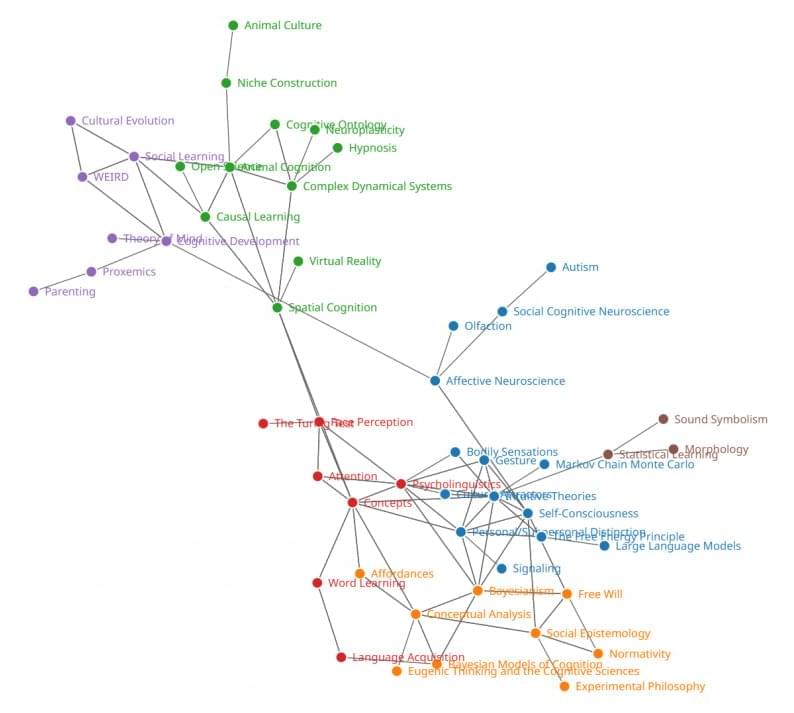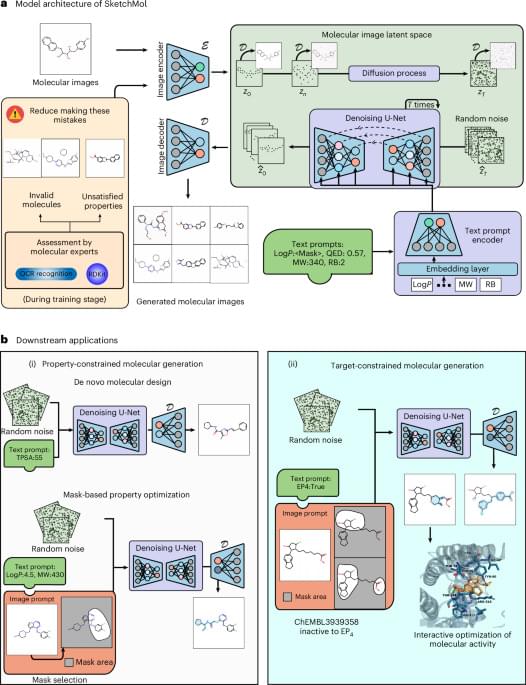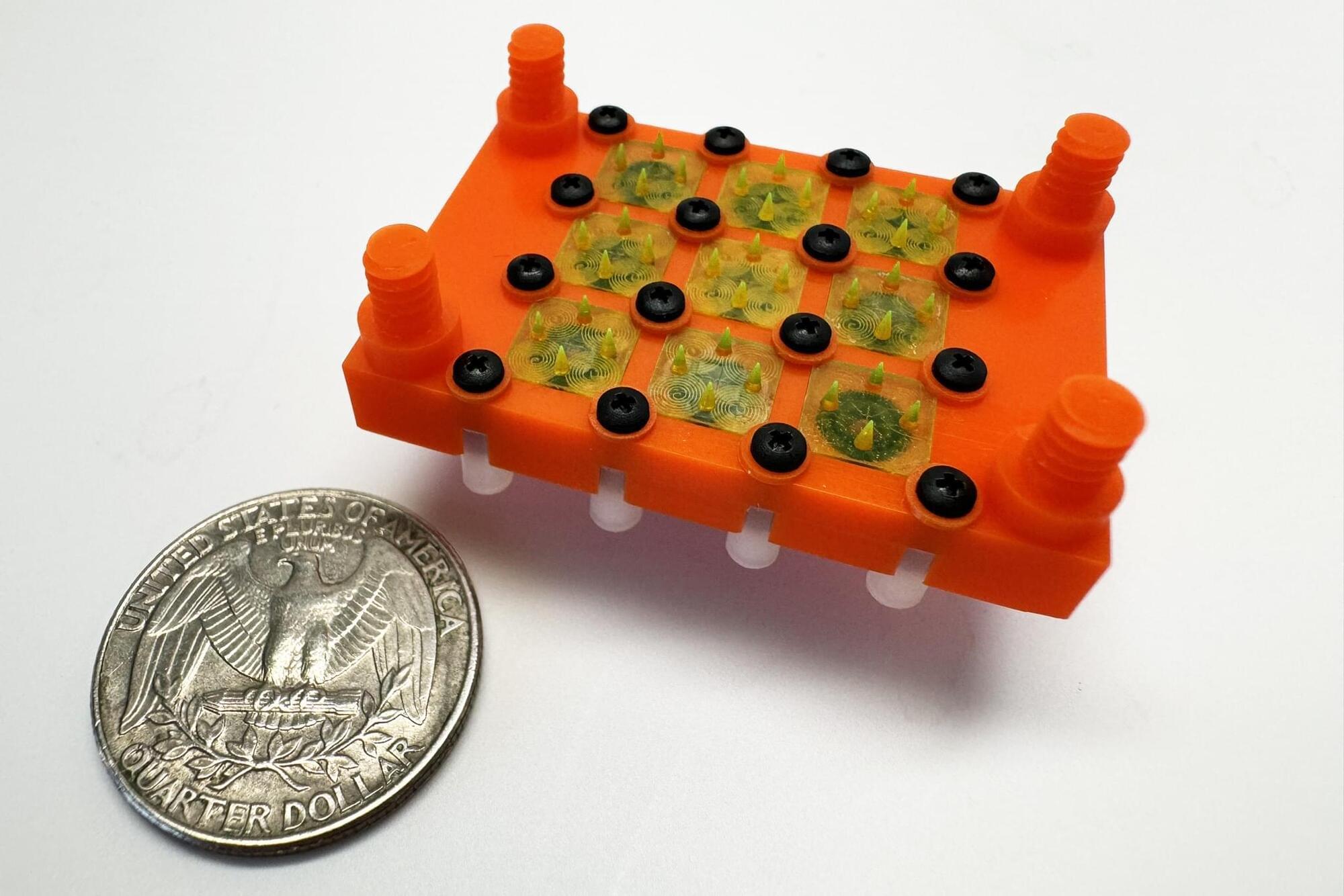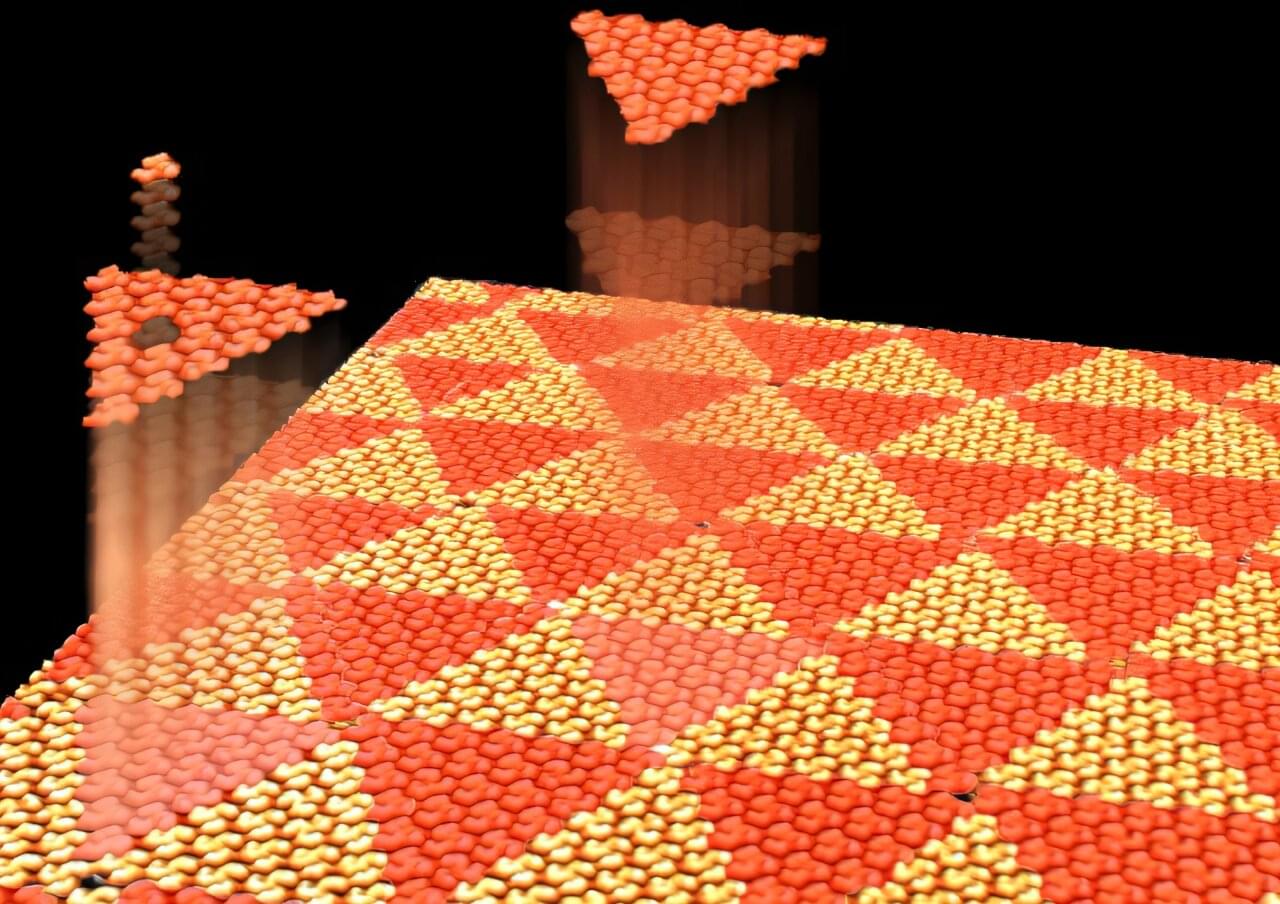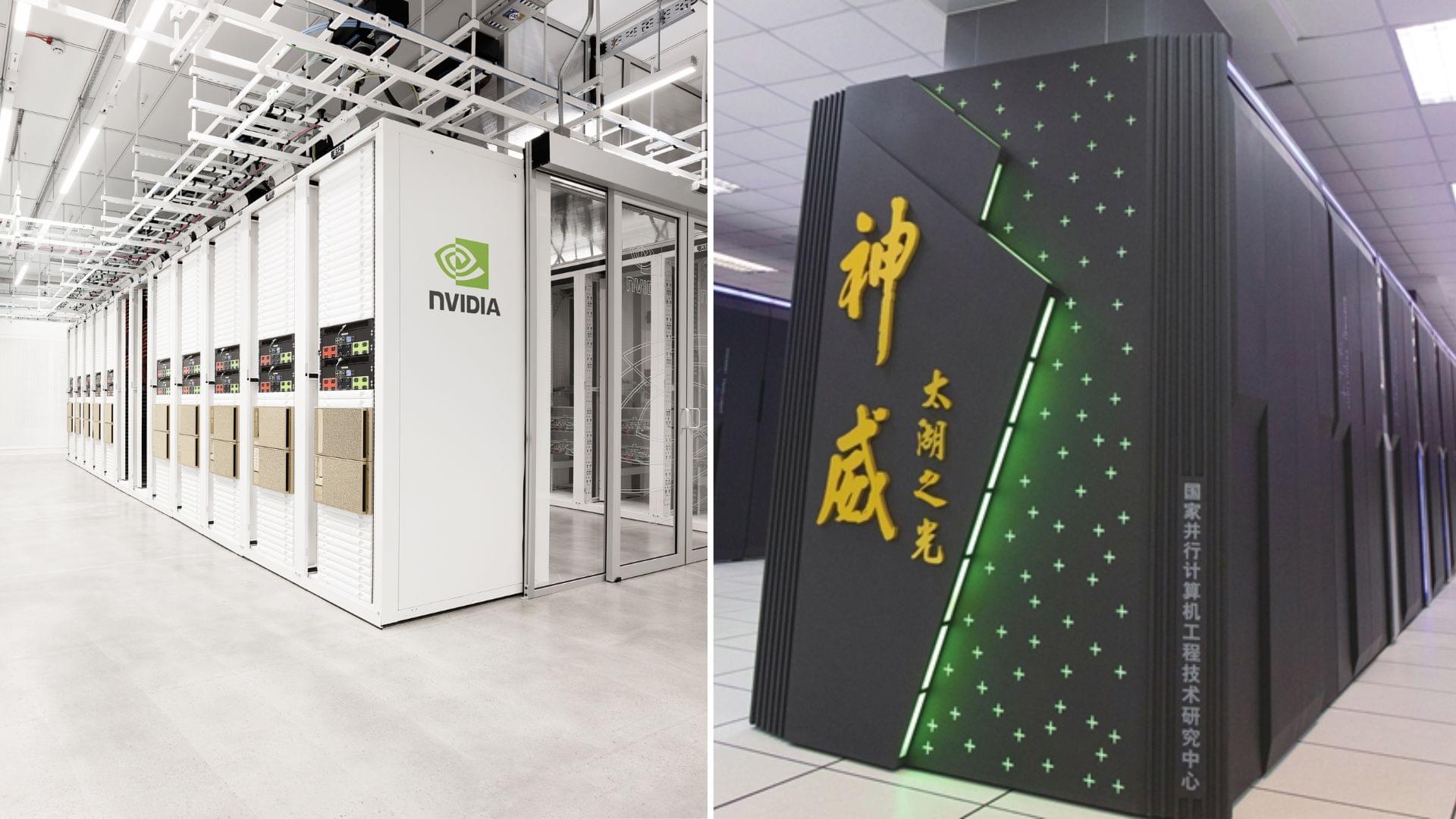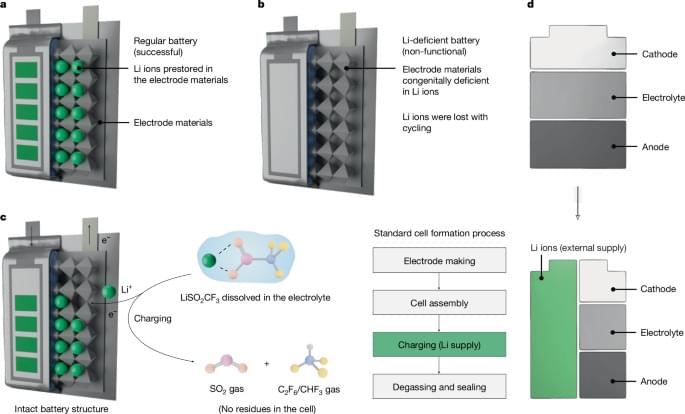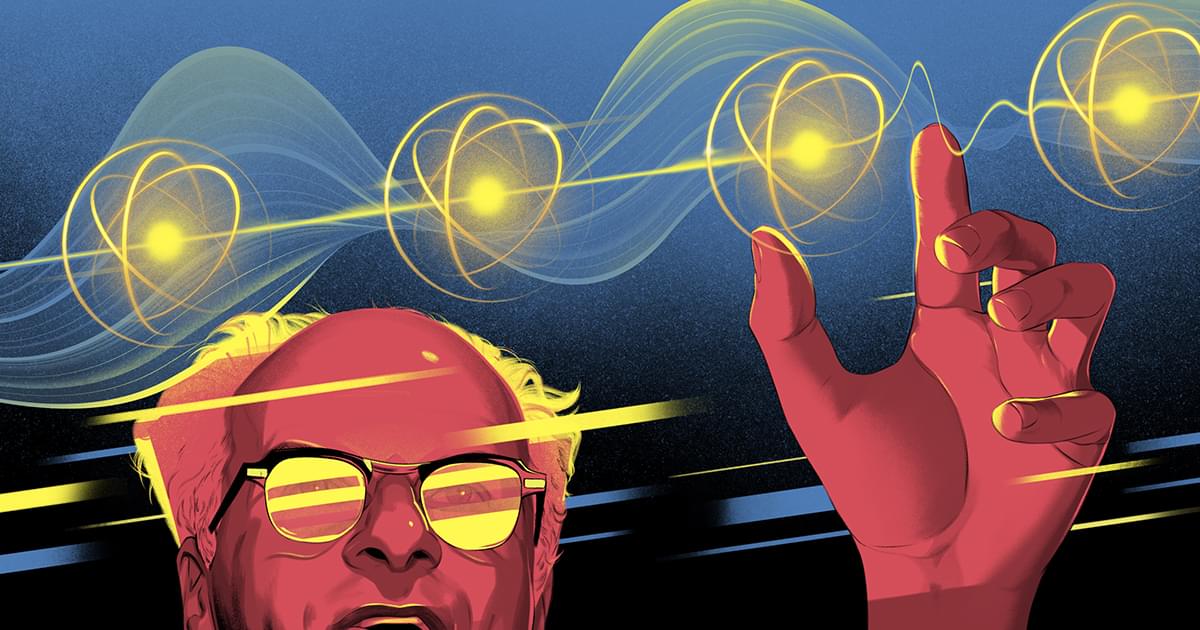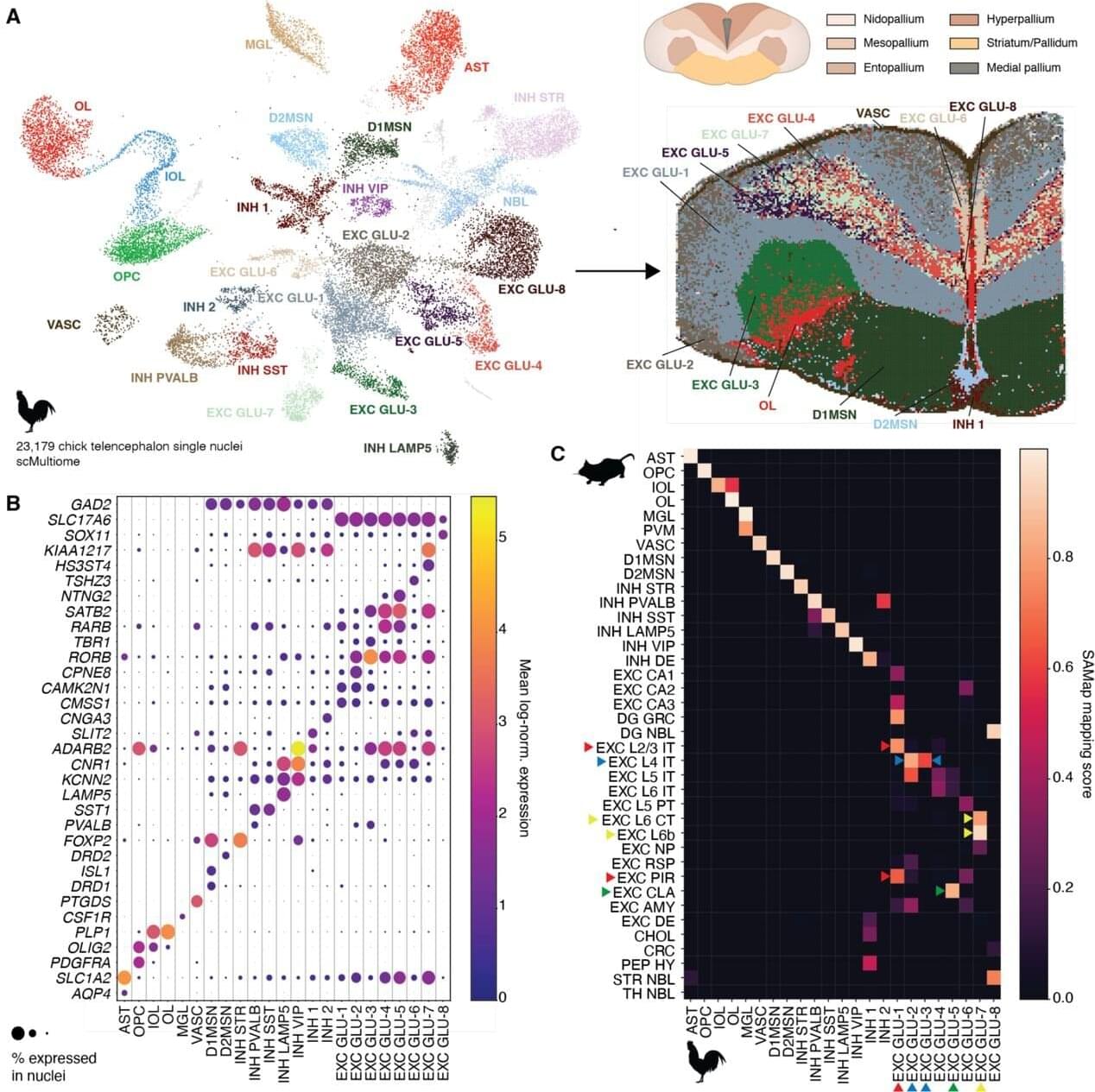A team of mathematicians and statisticians from the University of Wisconsin-La Crosse, the University of Tennessee and Valparaiso University, all in the U.S., has found new evidence that wolves had ample time to self-domesticate and evolve into modern dogs. In their study published in the journal Proceedings of the Royal Society B, the group developed a computer simulation showing the evolution process.
Prior research has suggested that the process of self-domesticating and then slowly evolving into modern dogs would have taken too long. Additionally, researchers believe that humans and dogs have been living in close proximity for approximately 30,000 years and that for the past 15,000 years, humans have been breeding them to perform certain tasks. But what happened in the first 15,000 years is less clear.
Some have suggested that humans may have begun encouraging the friendliest wolves to hang around by adopting their puppies, finding their presence advantageous. Others have suggested that wolves moved ever closer to groups of humans for access to leftover food. But this evolution, others have noted, would take more than 15,000 years to reach the point where humans began breeding them.

